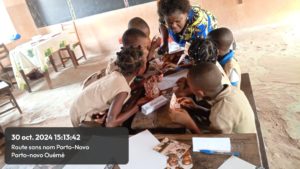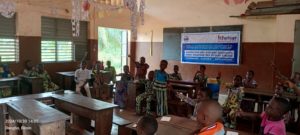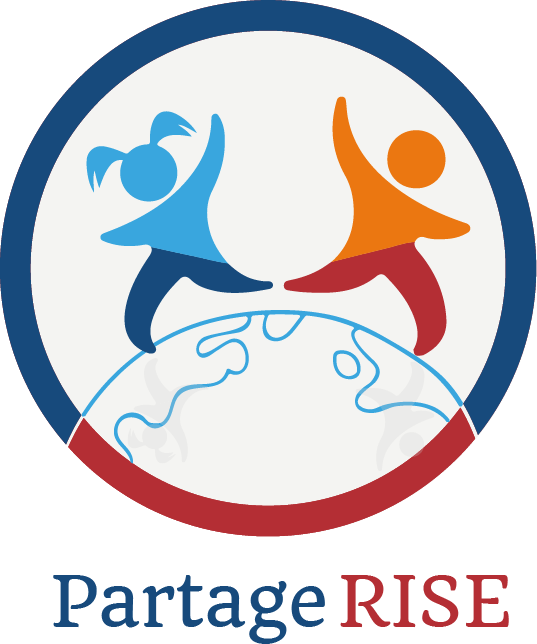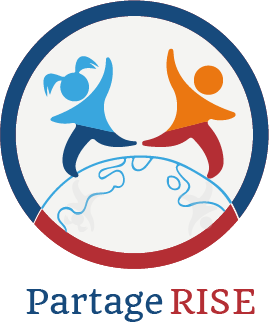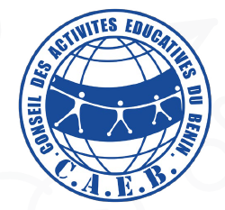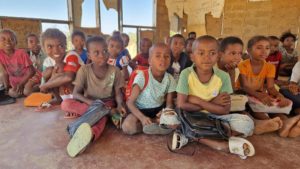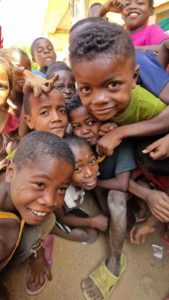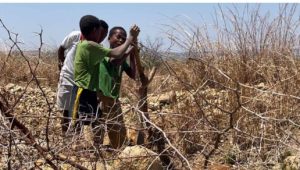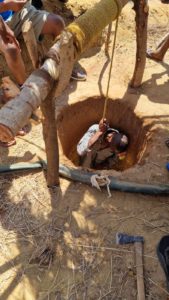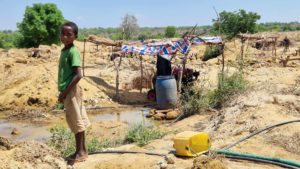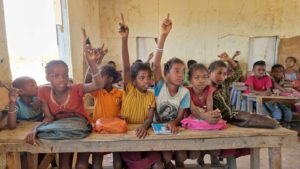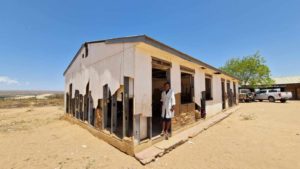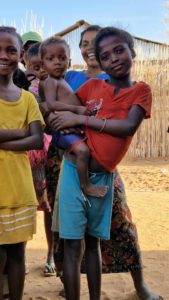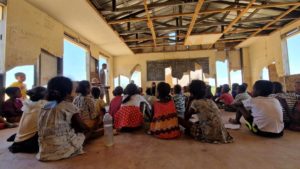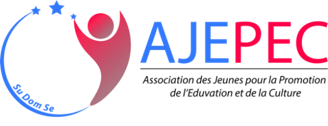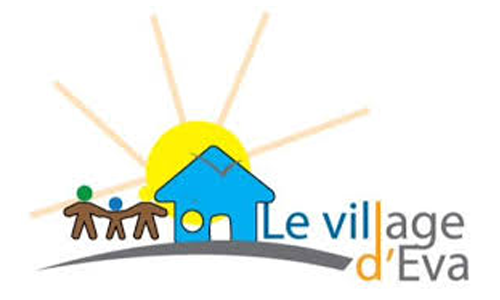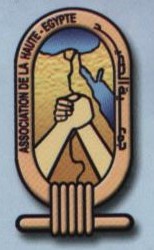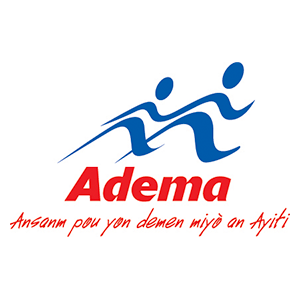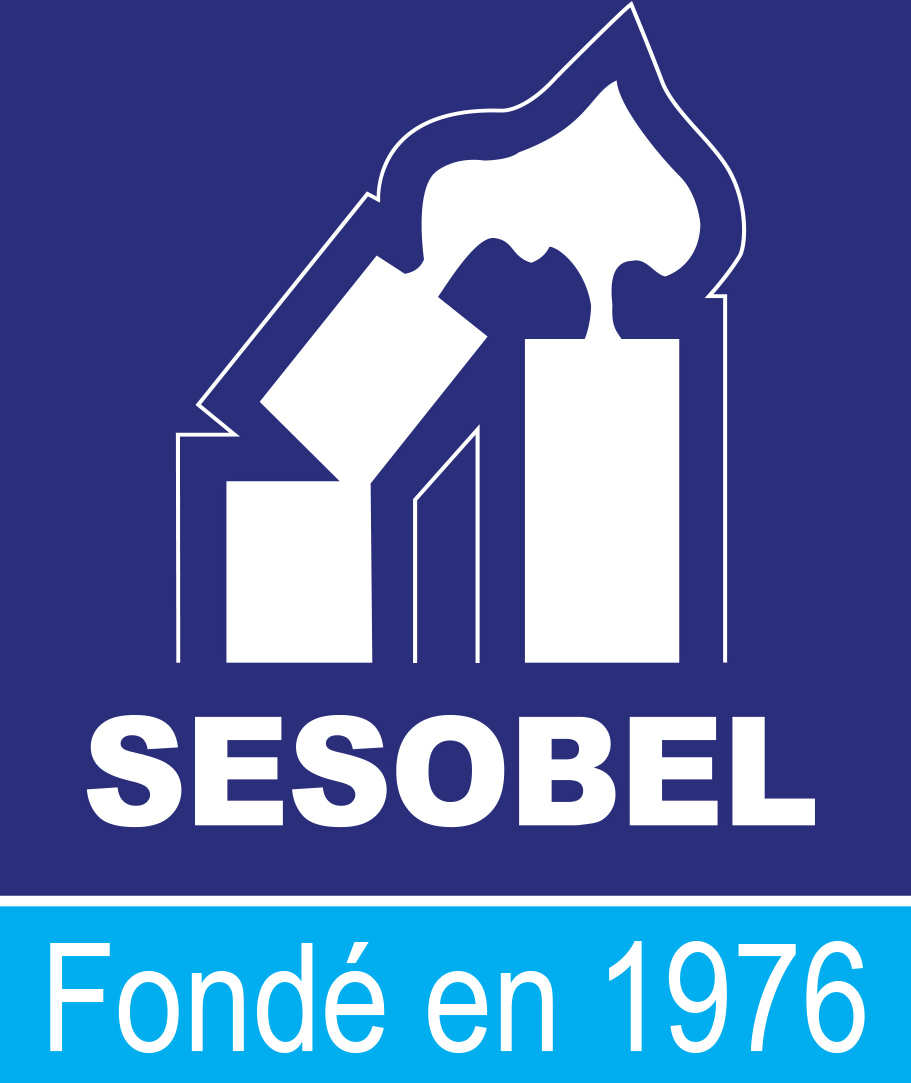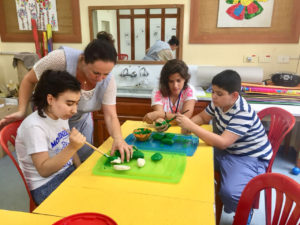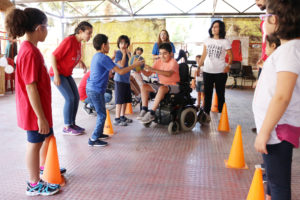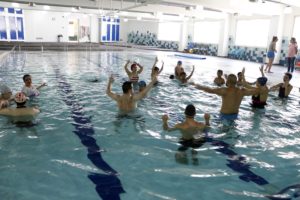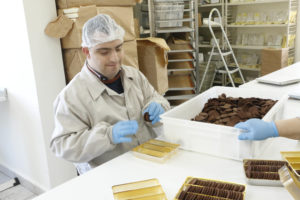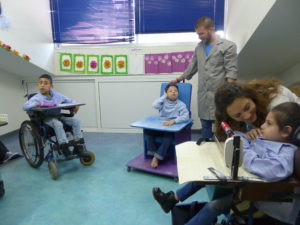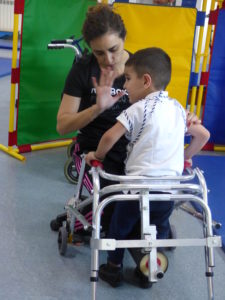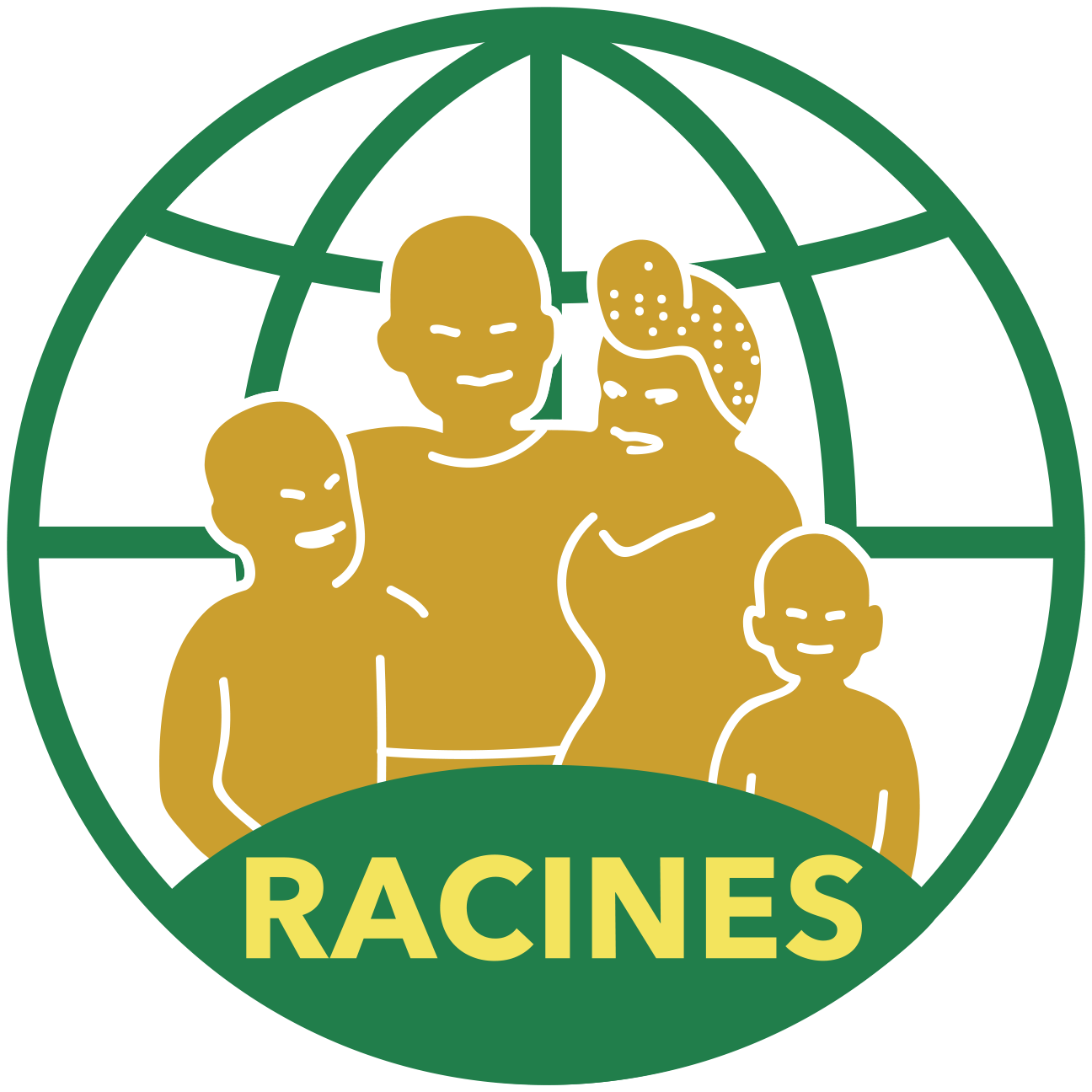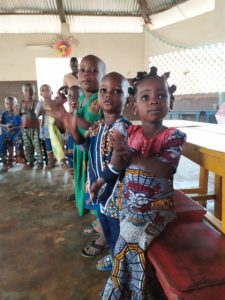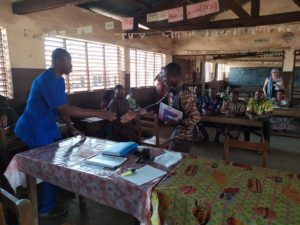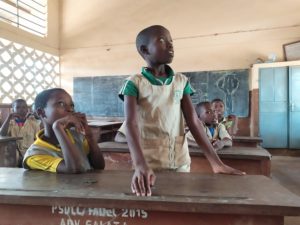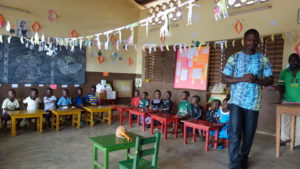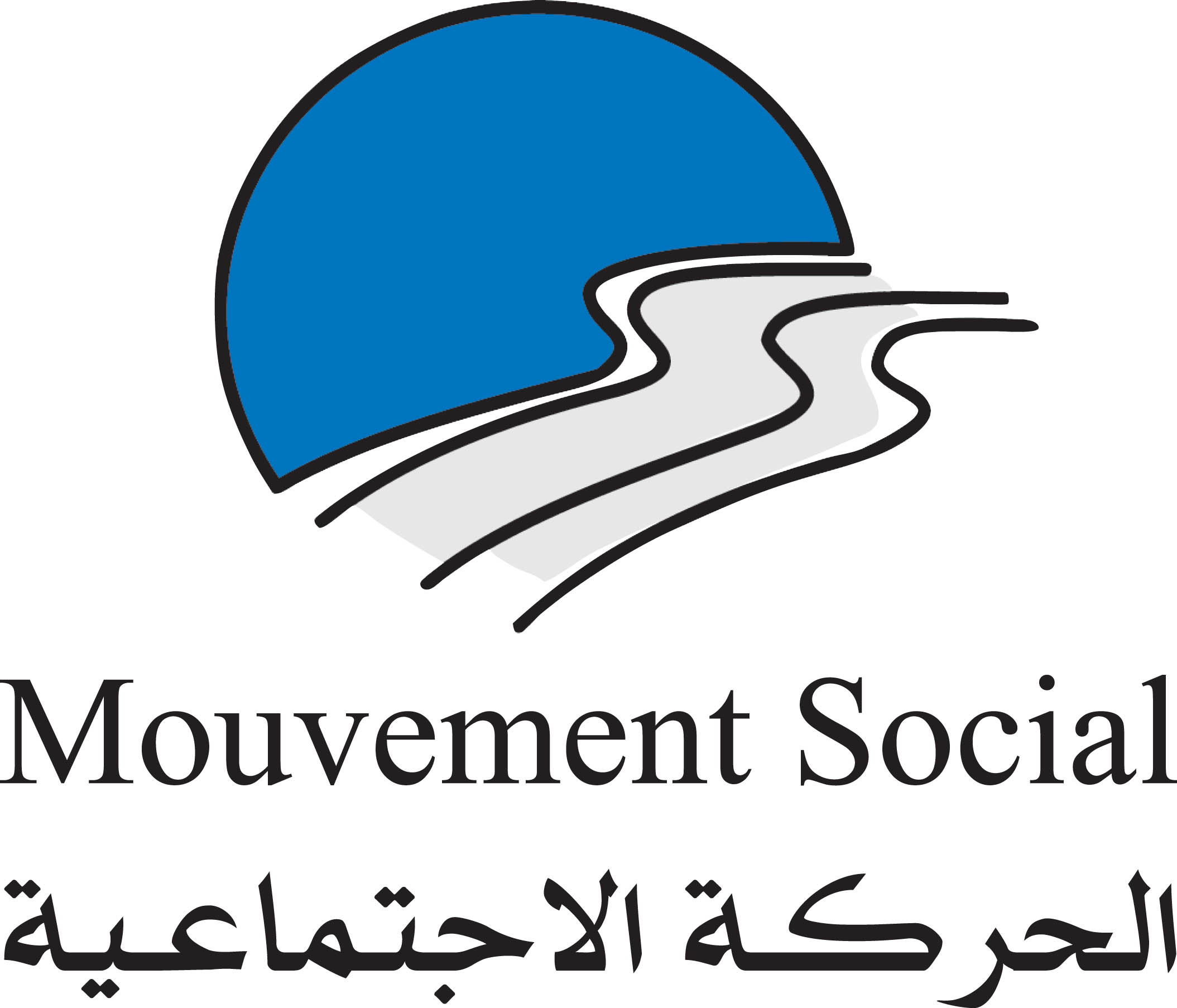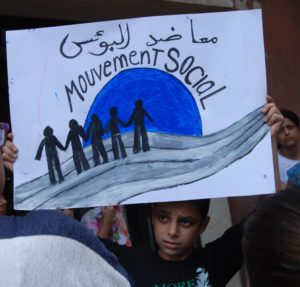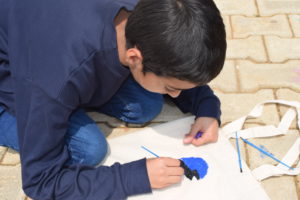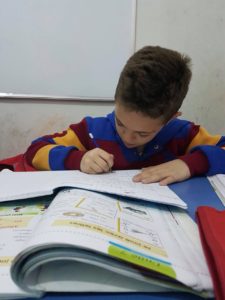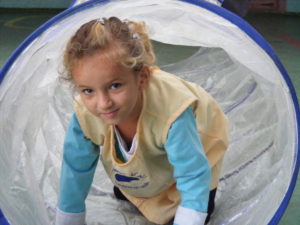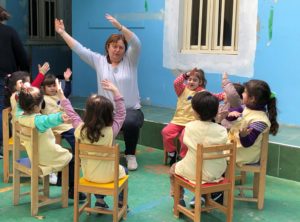Year of Creation and Start of Partnership
Education
Community mobilisation to get all boys and girls into school.
To contribute to the quality of education in Benin, the CAEB is setting up a network of eight (8) documentation centres throughout the country. It also contributes to the quality of education through its learning and capacity-building laboratory in English, German and Spanish.
The CAEB works with the players in the education system, namely the Parents’ Associations, to build their capacity in relation to the new architecture of the Beninese education system.
The extra-curricular activities focus mainly on running educational workshops for schoolgirls and schoolboys on the themes of citizenship education and international solidarity, and education on better menstrual hygiene management for girls in secondary schools.
Health and nutrition
CAEB’s work on nutrition is carried out in the community, in direct contact with women and children aged 0 to 5.
To prevent malnutrition in rural and pre-urban communities, CAEB implements nutritional monitoring activities for children aged 0-5 years. This involves monitoring weight, measuring brachial perimeter and educating pregnant women, mothers and mothers-to-be about high nutritional value food combinations for both mother and child.
The CAEB tackles the issue of nutrition through culinary demonstrations and by raising awareness among mothers and fathers of children. During the demonstration sessions, local products with high nutritional value, ignored or neglected by the communities, are highlighted and cooked in front of the women and tasted by the children. Women are also shown nutritional recovery foods and how to prepare enriched porridge. They are strongly encouraged and supported to reproduce these dishes in their homes.
Protection against abuse
To publicise its PSEA (Politique de lutte contre le harcèlement et les abus sexuels – policy against sexual harassment and abuse), the CAEB organises discussion, awareness-raising and information sessions for its staff and beneficiaries. These sessions take place in communities or at the various CAEB sites (at the national headquarters and in the branches).
Asos raises awareness of children’s rights.
Community Development
As part of the implementation of its project to combat malnutrition, the CAEB has identified and trained village nutrition relays who support the communities in nutritional monitoring activities for children aged 0 to 5. They take over from the CAEB social workers in implementing the activities.
Project beneficiaries
Direct beneficiaries
Children
teacher
Indirect beneficiaries
Children
Adults
